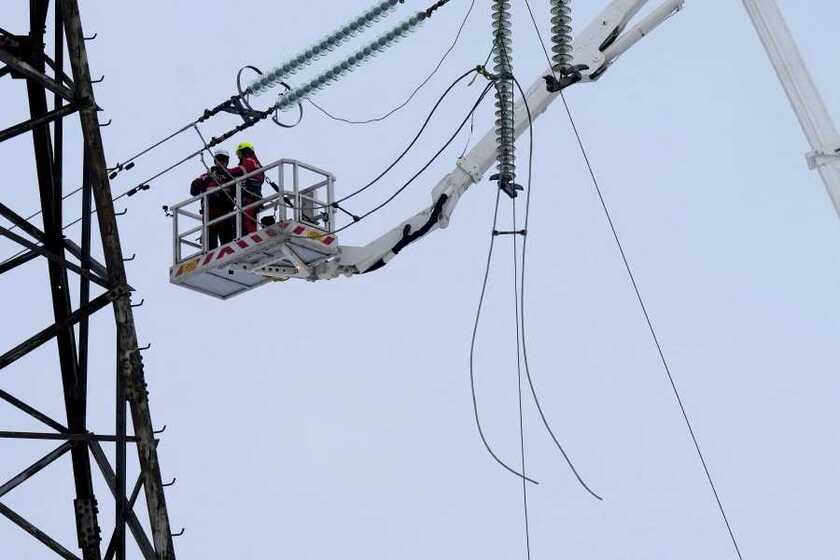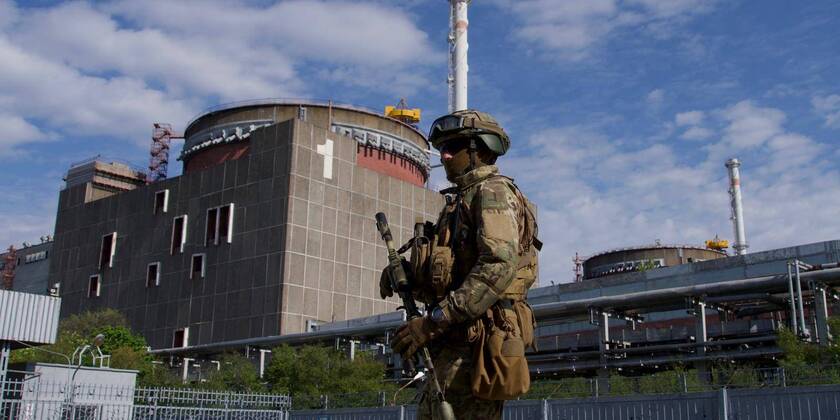
For decades, countries like Ukraine, Estonia, Latvia, and Lithuania were tied to Russia’s power grid—a system built during the Soviet Union. But in recent years, they’ve been working hard to break free and join Europe’s power network instead. This shift isn’t just about electricity; it’s about independence, security, and even war.
Ukraine’s Big Switch—And Russia’s Invasion
On February 24, 2022, Ukraine made a bold move: they disconnected from Russia’s power grid for the first time to test their ability to operate independently. That same day, Russia launched a full-scale invasion of Ukraine.

Was the timing a coincidence? Maybe not. Being connected to Russia’s grid gave Moscow leverage over Ukraine, allowing them to cut power or cause blackouts. Ukraine’s move toward energy independence weakened that leverage, so Russia attacked before Ukraine could fully join Europe’s grid.
Despite the war, Ukraine successfully linked up with Europe’s power grid (ENTSO-E) just a few weeks later in March 2022. This gave them access to European electricity and reduced Russia’s ability to disrupt their power supply.
The Baltic States Cut the Cord
Now, in 2025, Estonia, Latvia, and Lithuania have finally disconnected from Russia’s power grid for good and fully joined the European grid. This is a huge step for their security.
For years, these countries worried that Russia could use its control over their electricity as a weapon—shutting off power or even launching cyberattacks on their infrastructure. By switching to Europe’s grid, the Baltic states protect themselves from Russian energy blackmail and reduce the risk of power disruptions.
Why It’s Not as Simple as Flipping a Switch
Some might wonder, why didn’t they switch sooner? The answer is it’s not that easy.
- Different Technologies: Russia’s grid operates differently from Europe’s. Switching over means rebuilding parts of the power system so they work with the European network.
- Balancing Power Supply: Power grids need to stay perfectly balanced—too much or too little electricity at any time can cause massive blackouts. Making sure everything is stable takes careful planning.
- Russia’s Interference: Russia strongly opposed these moves because it loses influence over these countries when they switch.
Does This Hurt Russia?
Not really. The Russian power grid is huge, and losing Ukraine and the Baltic states doesn’t cause major damage to their electricity supply. However, it does hurt Russia strategically because they can no longer use energy as a weapon against these countries.
A Win for Energy Security
By cutting ties with Russia’s grid and joining Europe’s, Ukraine and the Baltic states have taken big steps toward energy security and independence. They are now less vulnerable to Russian cyberattacks, power cutoffs, and energy blackmail—giving them one less thing to worry about as they stand against Russian aggression.
This is more than just an energy decision—it’s a step toward freedom from Russian influence and a stronger, more secure future.
















